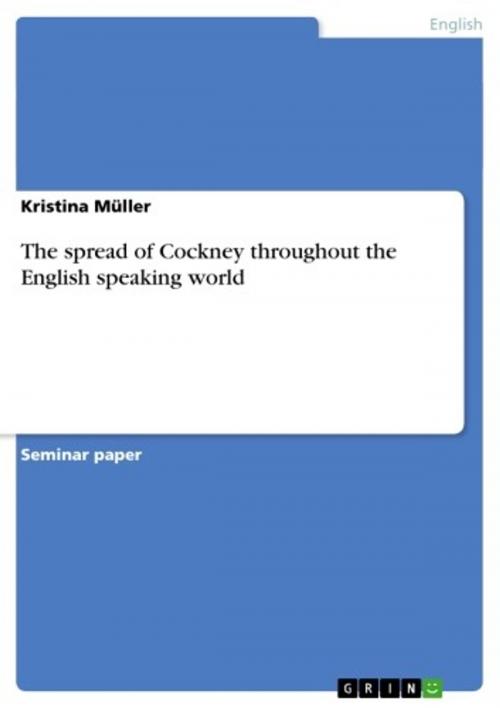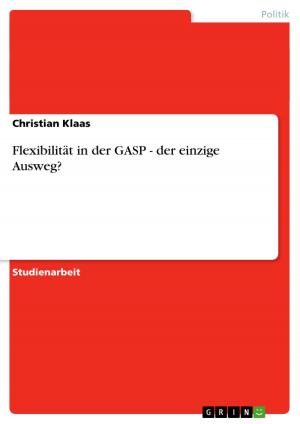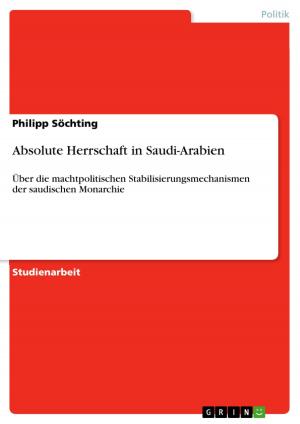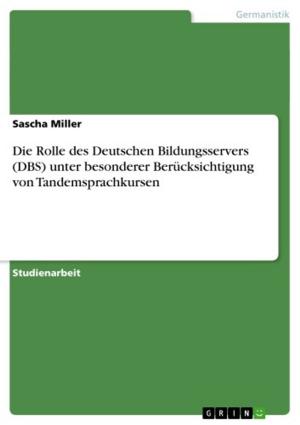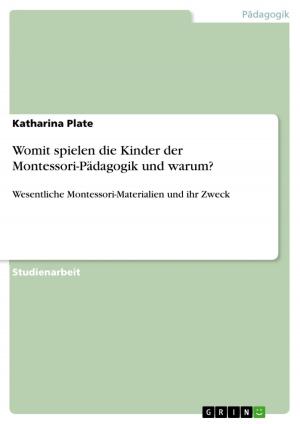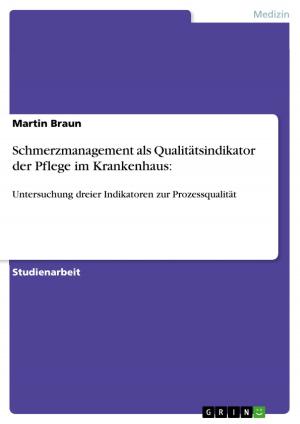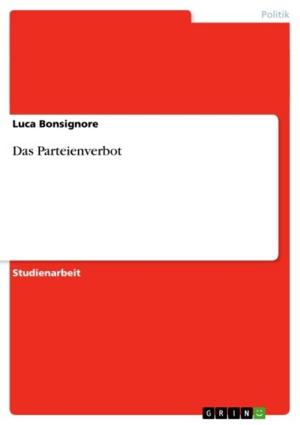The spread of Cockney throughout the English speaking world
Nonfiction, Entertainment, Drama, Anthologies| Author: | Kristina Müller | ISBN: | 9783638744850 |
| Publisher: | GRIN Verlag | Publication: | June 5, 2007 |
| Imprint: | GRIN Verlag | Language: | English |
| Author: | Kristina Müller |
| ISBN: | 9783638744850 |
| Publisher: | GRIN Verlag |
| Publication: | June 5, 2007 |
| Imprint: | GRIN Verlag |
| Language: | English |
Seminar paper from the year 2006 in the subject English Language and Literature Studies - Linguistics, grade: 1,0, University of Rostock, course: Proseminar Englishes around the globe, 9 entries in the bibliography, language: English, abstract: 1) Introduction: the terms' dialect' and 'Cockney' The paper shall explore the question of the english urban dialect Cockney as an influence of the English language, its spread all over the world and its validity nowadays. The term 'dialect' indicates a regionally specific variety of language, that differs from the Standard in phonological, grammatical and lexical regards. A standard form is in every language a defined variety of the language in phonological, grammatical and lexical regards. Beside the English Standard variety there exist a lot of rural and urban dialects. The rural dialects lost their importance in relation to the spread of the Standard, but the urban dialects still play an important role - nowadays the same as in the history of the English language, when they emerged during the urbananisation of England.They are language varieties that were built in the big urban regions and among them the best known nowadays is Cockney, which exists beside a large group of other dialects (for example the Scouse in Liverpool or the Geordie in Newcastle-upon-Tyne). By speakers of a more 'educated' accent these dialects were often seen as 'harsh' and 'ugly', but for the speaker of the dialect they are a possibility to express an identification with a certain group of people. Cockney is often seen as the language of London's working class, but actually it is a variant that arised in the East End region and that has its basis there (in general every English urban dialect is a working-class accent of the area it belongs to). Allegedly it goes back to the Middle English word 'coken-ey' (a cock's egg) which was a scournful nickname for a certain group of people (town-dweller). Strictly speaking a Cockney is a person that was born near the bells of the church Saint-Mary-le-Bow in the City of London, traditionally a Cockney is an inhabitant of London's East End, but it can also be heard throughout the city.
Seminar paper from the year 2006 in the subject English Language and Literature Studies - Linguistics, grade: 1,0, University of Rostock, course: Proseminar Englishes around the globe, 9 entries in the bibliography, language: English, abstract: 1) Introduction: the terms' dialect' and 'Cockney' The paper shall explore the question of the english urban dialect Cockney as an influence of the English language, its spread all over the world and its validity nowadays. The term 'dialect' indicates a regionally specific variety of language, that differs from the Standard in phonological, grammatical and lexical regards. A standard form is in every language a defined variety of the language in phonological, grammatical and lexical regards. Beside the English Standard variety there exist a lot of rural and urban dialects. The rural dialects lost their importance in relation to the spread of the Standard, but the urban dialects still play an important role - nowadays the same as in the history of the English language, when they emerged during the urbananisation of England.They are language varieties that were built in the big urban regions and among them the best known nowadays is Cockney, which exists beside a large group of other dialects (for example the Scouse in Liverpool or the Geordie in Newcastle-upon-Tyne). By speakers of a more 'educated' accent these dialects were often seen as 'harsh' and 'ugly', but for the speaker of the dialect they are a possibility to express an identification with a certain group of people. Cockney is often seen as the language of London's working class, but actually it is a variant that arised in the East End region and that has its basis there (in general every English urban dialect is a working-class accent of the area it belongs to). Allegedly it goes back to the Middle English word 'coken-ey' (a cock's egg) which was a scournful nickname for a certain group of people (town-dweller). Strictly speaking a Cockney is a person that was born near the bells of the church Saint-Mary-le-Bow in the City of London, traditionally a Cockney is an inhabitant of London's East End, but it can also be heard throughout the city.
